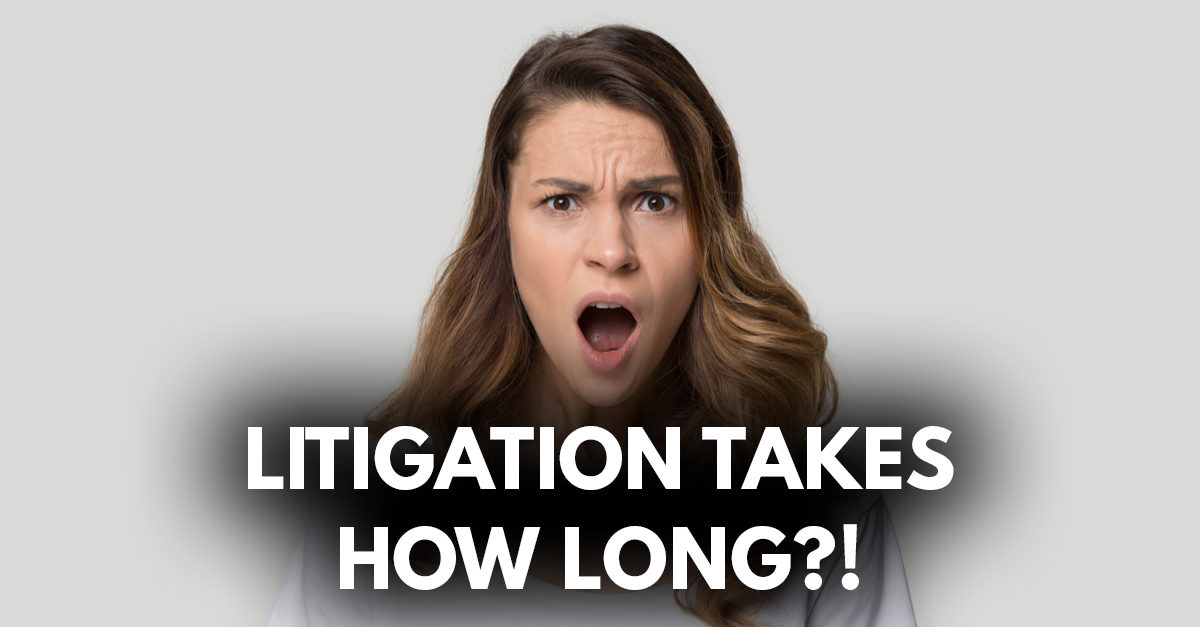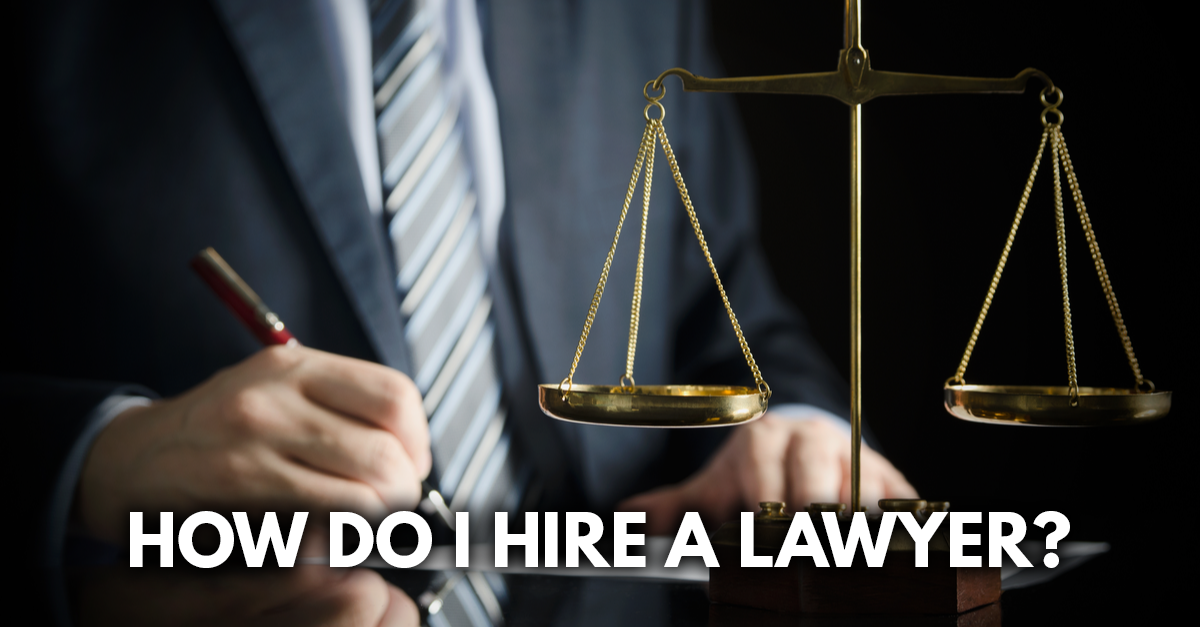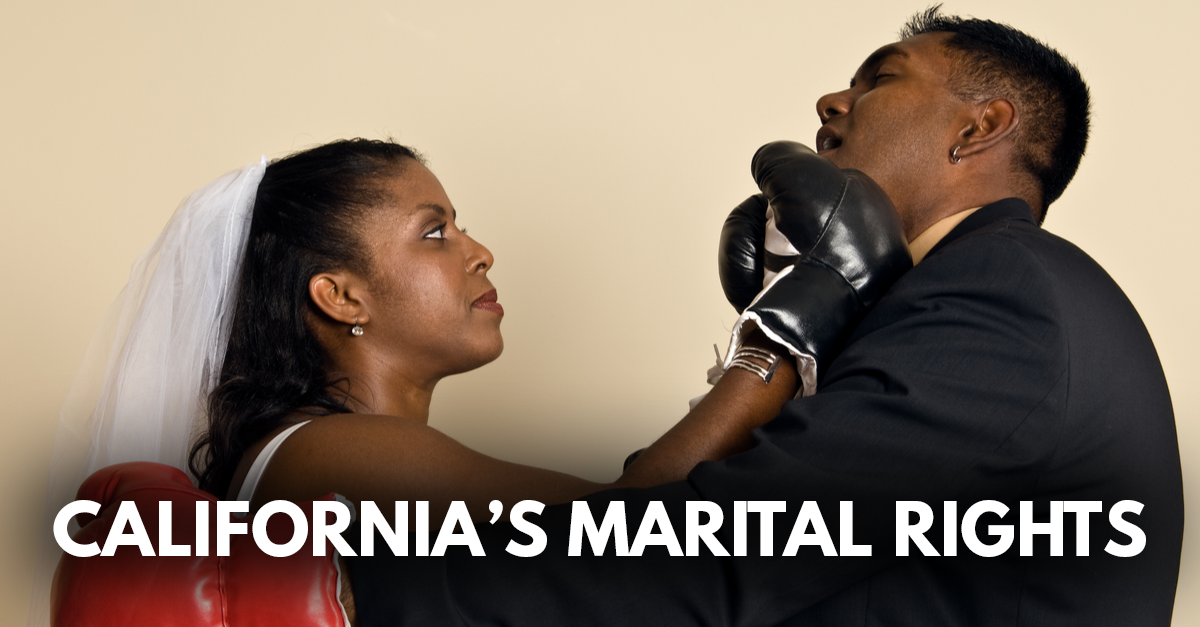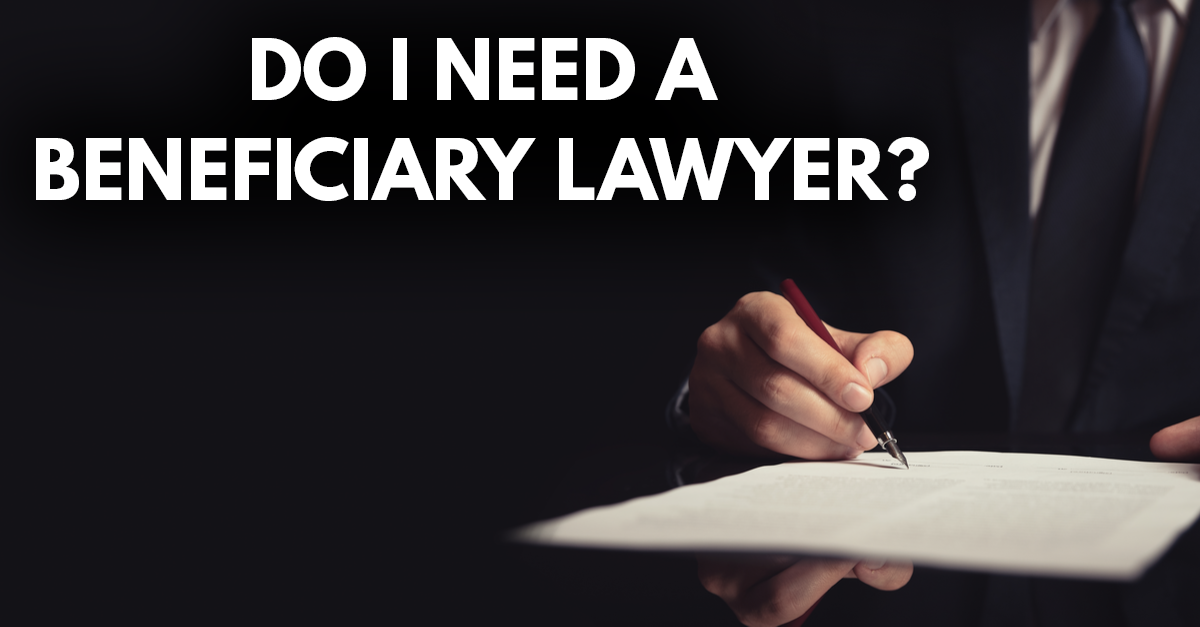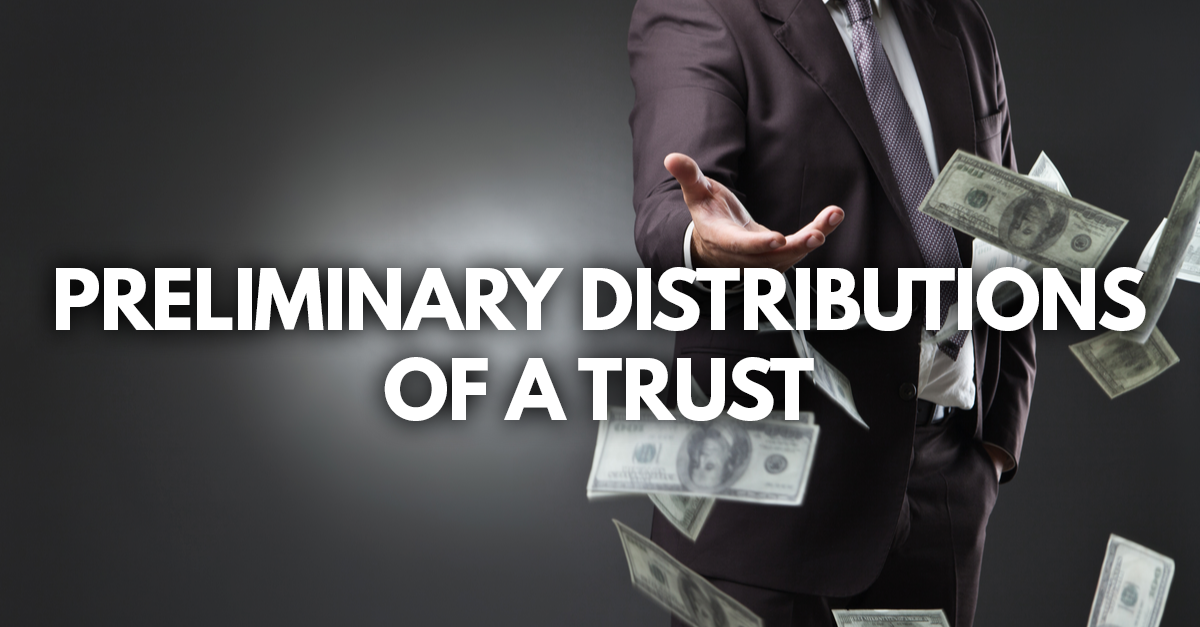
Generally speaking, selecting an attorney is not an easy task. But, if you look at it from a big-picture perspective, if you are going into a trust or will lawsuit, you really want to think about what type of lawyer you should hire. I would strongly recommend that you find a lawyer who is experienced […]


